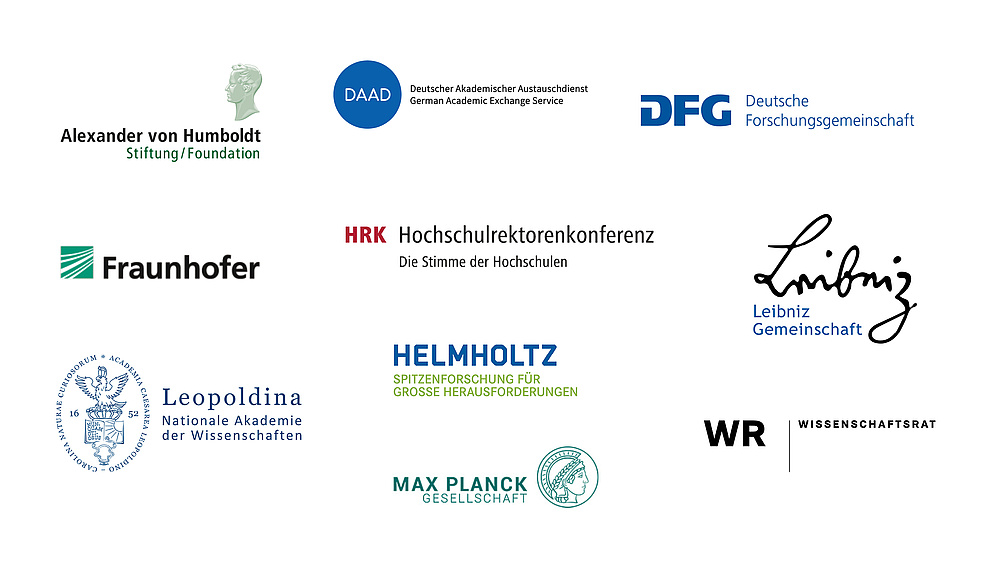
Contact
Press, Communications and Marketing
Tel.: +49 228 833-144
Fax: +49 228 833-441
presse[at]avh.de
The Alliance of Science Organisations in Germany acknowledges the joint effort of hundreds of academic organisations across Europe and beyond to commit to responsible and quality-oriented research assessment. This is broadly reflected in their involvement in the European Commission’s initiative “Towards an agreement on reforming research assessment”, as part of the ERA Policy Agenda.
In this context, the Alliance underlines that the European research-performing and research-funding organisations share a set of common values and principles that allow them to respect national distinctions rooted in the respective legal and organisational settings. In Germany, such values are firmly anchored at the institutional, strategic and operational level, particularly in terms of the principles of research integrity, principles of good scientific practice and procedures of research assessment. However, evaluation, assessment and review procedures are not static but continuously evolve to keep pace with the ever-changing realities of research. They are constantly reflected, reviewed and adapted both at the national level and – bilaterally or multilaterally – within the strong collaborative network of European academics, research organisations and funders.
The Alliance, represented by its members DFG and Helmholtz, participates in the core group advising the EC’s initiative on reforming research assessment. We regard this initiative as an opportunity to deepen the common understanding of the principles and values of responsible research assessment and to strengthen the sharing of best practices between the multitude of research-related actors that constitute the ERA. Such a process must, nevertheless, recognise essential requirements: the valuable diversity of research systems (e.g. in terms of topics, goals, practices, outcomes, career paths etc.), the autonomy of academic organisations, the freedom of research and the need to secure input from academic communities to ensure mutual learning. The Alliance’s vision for research assessment in a renewed ERA is to share best practice as to achieve functional interoperability of specific research assessment systems and a strengthened process of mutual learning, and not to create one general Europe-wide harmonised system.

The Alliance of Science Organisations is an association of the most important academic organ-isations in Germany. It regularly comments on important issues of science policy. The German Research Foundation is a member of the Alliance and is the lead institution for 2022. Other members are the Alexander von Humboldt Foundation, the German Academic Exchange Ser-vice, the Fraunhofer Society, the Helmholtz Association, the German Rectors’ Conference, the Leibniz Association, the Max Planck Society, the German National Academy of Sciences Leo-poldina and the German Council of Science and Humanities.
Contact:
Marco Finetti
Deutsche Forschungsgemeinschaft (DFG)
Kennedyallee 40
53175 Bonn
Phone +49 228 885–2109
Fax +49 228 885–2180
presse[at]dfg.de
www.dfg.de
(Press release 13/2022)
Every year, the Alexander von Humboldt Foundation enables more than 2,000 researchers from all over the world to spend time conducting research in Germany. The Foundation maintains an interdisciplinary network of well over 30,000 Humboldtians in more than 140 countries around the world – including 63 Nobel Prize winners.
